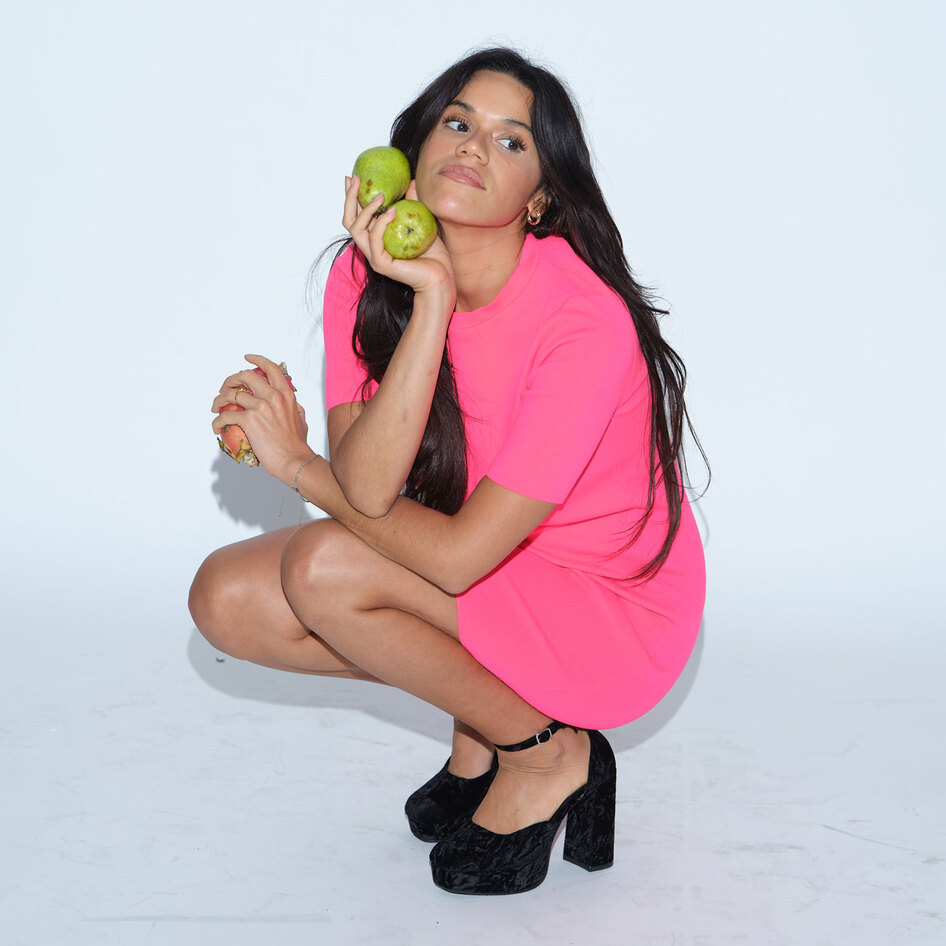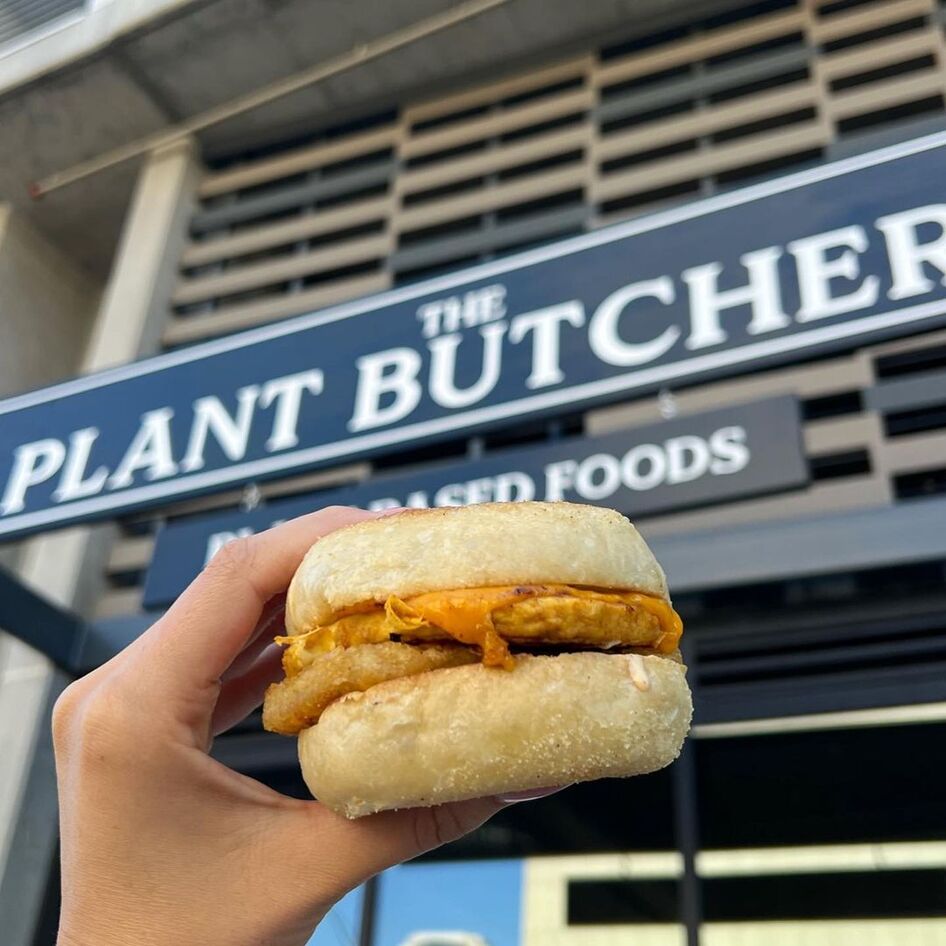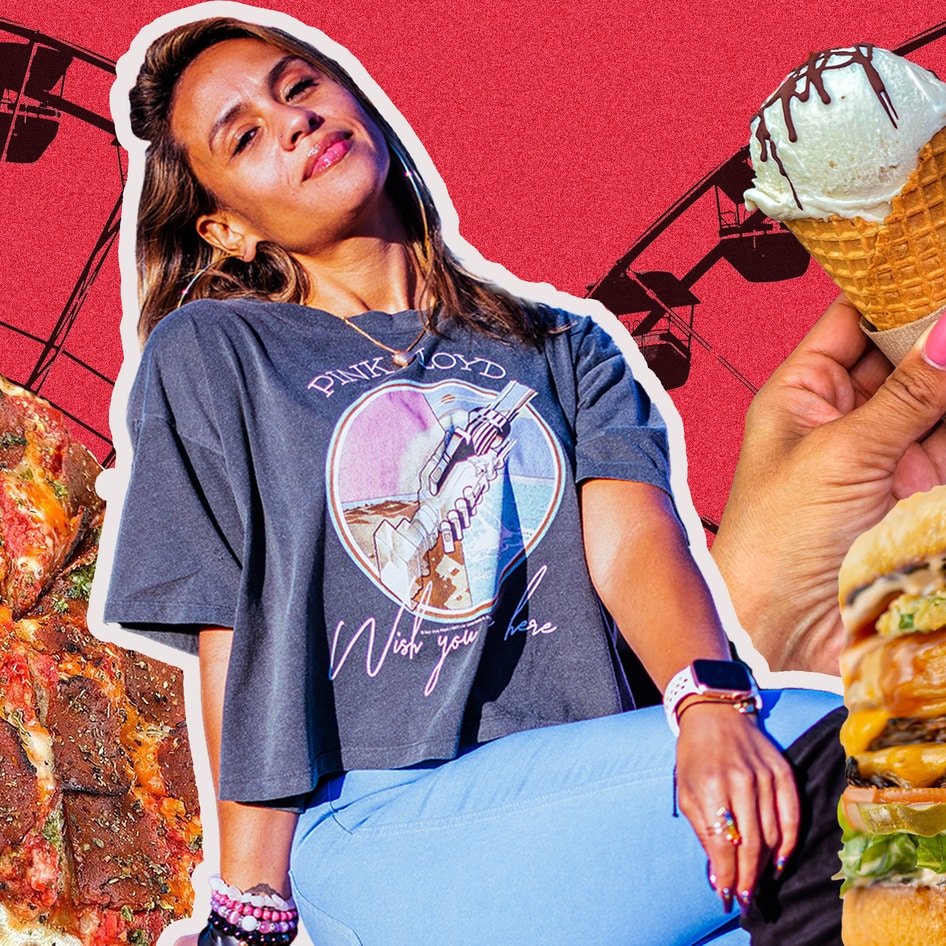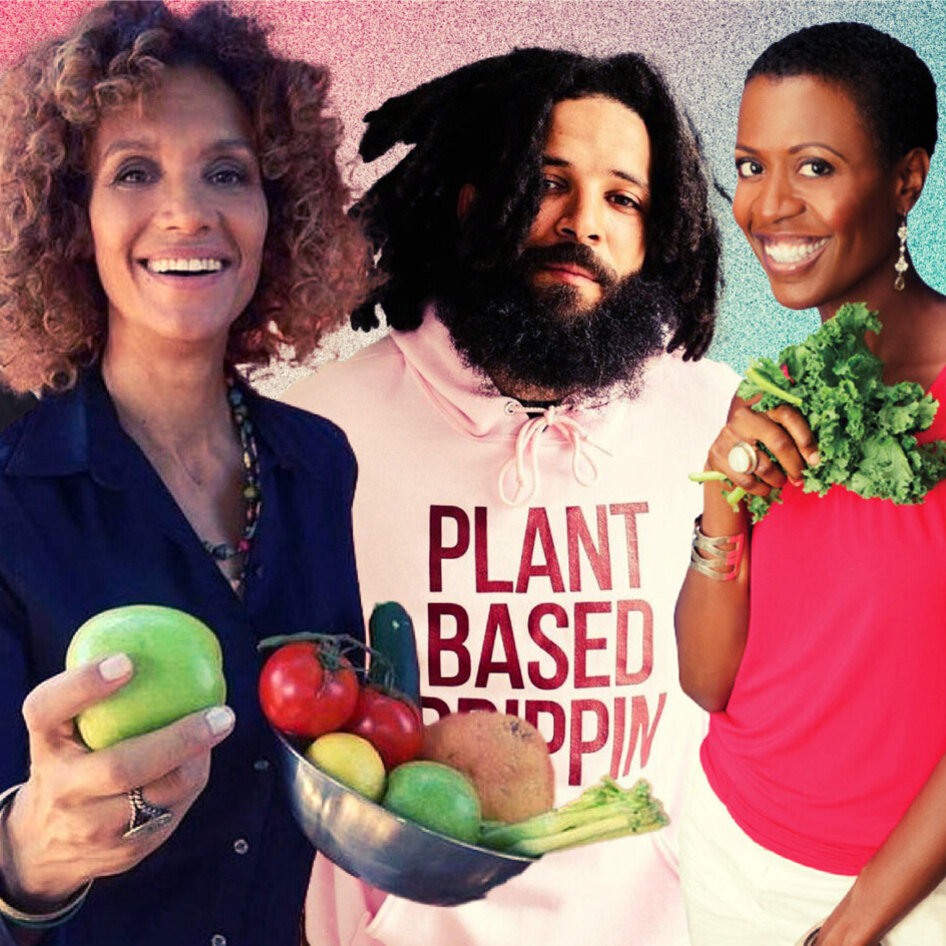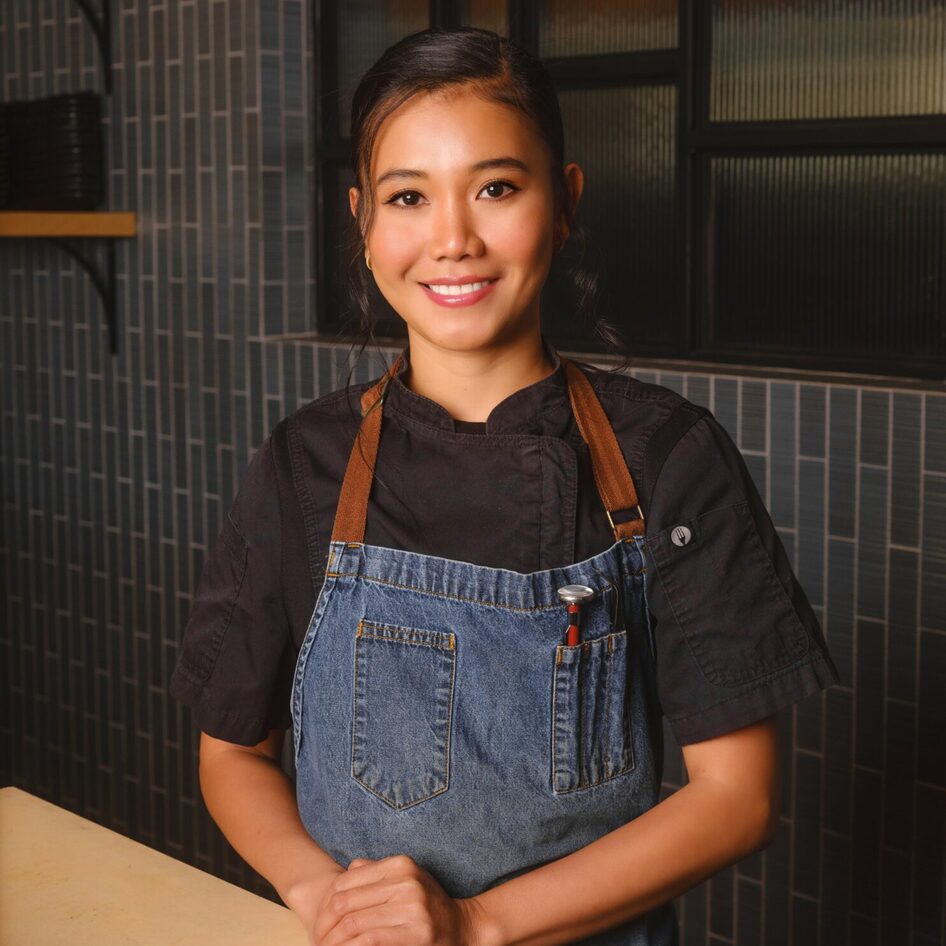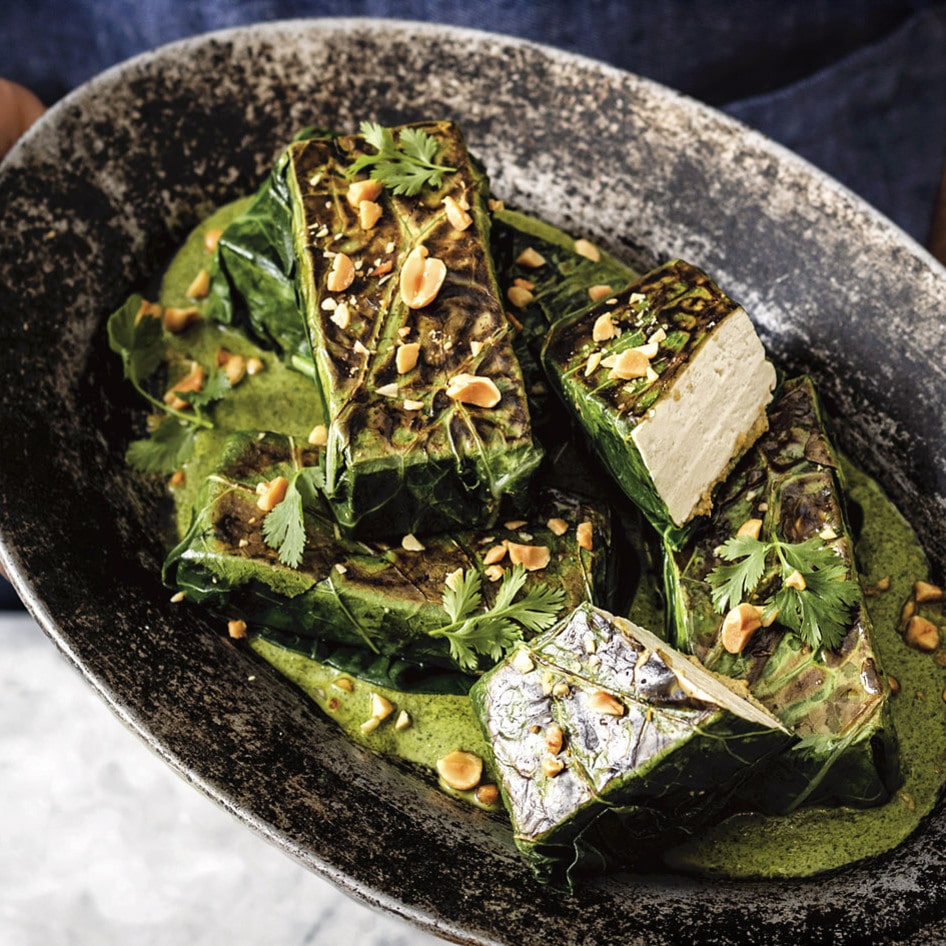VegNews Celebrates Black History Month: Clifton Roberts
In this exclusive interview with VegNews, vegan presidential nominee Clifton Roberts talks about his heritage, his compassionate values, and his vision for America.
February 15, 2016
Abstaining from the use of animals for food, clothing, entertainment, or for research has always been portrayed as a radical way of living. Those who live their lives by such principles find themselves part of a small but passionate minority, using their everyday choices to advocate and fight for the rights of animals. But some members of this plant-based group don’t have the luxury of making animal rights the center of their lives—they must, at the same time, continue fighting for their own.
One such subsect is black vegans. While not receiving the same amount of attention as other members of the plant-based scene, the black community has made, and continues to make, meaningful and important strides in the name of veganism. From the iconic political activist Angela Y. Davis’ work stemming back to the 60s, to David Carter showing the world that a 300-pound NFL lineman can be sustained, and thrive, on a vegan diet—we’re inspired by the accomplishments of black vegans.
Every week during February, VegNews is highlighting one black vegan making history now. Today, on Presidents’ Day, we’re featuring Clifton Roberts, 18-year vegan and United States presidential nominee for the Humane Party, the nation’s first vegan political party requiring all members to sign an oath abstaining from animal products. Roberts also serves as the CEO of the party, helping to keep its committal to securing the rights of all animals—not just the human kind; full realization of an ecosystem-neutral, sustainably prosperous economy; and running and electing only candidates who have committed to humane values, both personally and politically.
VegNews: What does your identity mean to you? How has it affected you in life?
Clifton Roberts: My mother is Korean-American and my father is African-American and Native American, so I’ve enjoyed the benefit of a multicultural upbringing. However, my passion for history, poetry, music, and cultural art is a direct result of what my father exposed me to as a child. I am who I am because of my heritage—because of my history. Moreover, because of the racial tensions the patriarchs of my family endured in their lives, I was raised to think ahead, work hard, and harness the energy of ambition to never tire in pursuit of what I dream of accomplishing.
VN: Who in the black community inspires you?
CR: The first person that comes to mind is my grandfather, Albert Lewis Roberts. He was such a humble man, but his reputation as a giant within his community has been preserved by his children, and I am very proud to be a part of his lineage. Against some tremendous odds, my grandfather became the very first African-American bus driver for DC Metro in Washington DC, an amazing accomplishment considering the racial divides that existed in the early ‘60s.
VN: Can you tell us a bit about how you became vegan?
CR: I chose a vegan lifestyle when my compassion for animals collided with my exposure to common sense, logic, and science. I realized that not only was my personal consumption of animals deteriorating my health but that my consumption of secretions from animals was unnatural—that consuming the milk of a cow, which is genetically designed for her own baby, was an insult to my common sense. So, at the age of 30, I made the decision to go vegan, and I’m so pleased with where my decision has led me.
VN: What would a Roberts administration look like?
CR: If elected president, America would enjoy a government with a focus on peaceful, resolute, and skillful approaches to conflict, disagreement, and cooperation.
Compassionate intelligence is a competitive advantage, and this country would witness an administration that leverages the collective intelligence of all its citizens to position our country as a power that leads with intellectual authority instead of coercive strength. My administration would champion existing scientific observation that demonstrates the connections between animal cruelty and consumption, ailing health, and environmental destruction. Frederick Douglass stated, “I prefer to be true to myself, even at the hazard of incurring the ridicule of others, rather than to be false and to incur my own abhorrence.” I refuse to be false. And as a citizen that is fully vested in the direction of this country, I will always prefer truth.
VN: Along with your unique—and much needed—inclusion of non-human animals in your platform, you still address very real issues facing humans. What are some non-animal issues that are important to you?
CR: I recognize that the more ethical path is also the most practical path for America. Specifically, the ethical path is to give rise to a humane national identity which embraces empowered voters over exclusive insiders, respect over exploitation, restraint over indulgence, transparency over secrecy, foresight over intolerance, and conservation over waste. I would cease unsustainable, destructive practices that do nothing but weaken our economy, accelerate health care costs, compromise the fiscal future of our children, misuse our natural resources, stimulate hostility among our fellow nations, and threaten the security of this great country. I plan to leverage partnerships between public and private sectors and take advantage of technology to forge a people-to-people engagement approach to governance.
VN: Why should voters cast their ballot for you?
CR: Our country stands at the crossroads. We can set the United States on a path toward lasting peace and abundant prosperity or we can continue toward financial pandemonium, dependence on foreign resources, environmental destruction, economic disintegration, and moral exhaustion. I want to meet this challenge, and this campaign wants to amplify the voice of your readers. I want to inspire your readers to feel called to action and invite them to become a part of this historic effort—for our country, our planet, and all inhabitants.
Catch our other Black History Month interviews with Eugene Cooke, Dr. A Breeze Harper, Tracye McQuriter, and Bryant Terry.
JUMP TO ... Latest News | Recipes | Guides | Health | Shop

